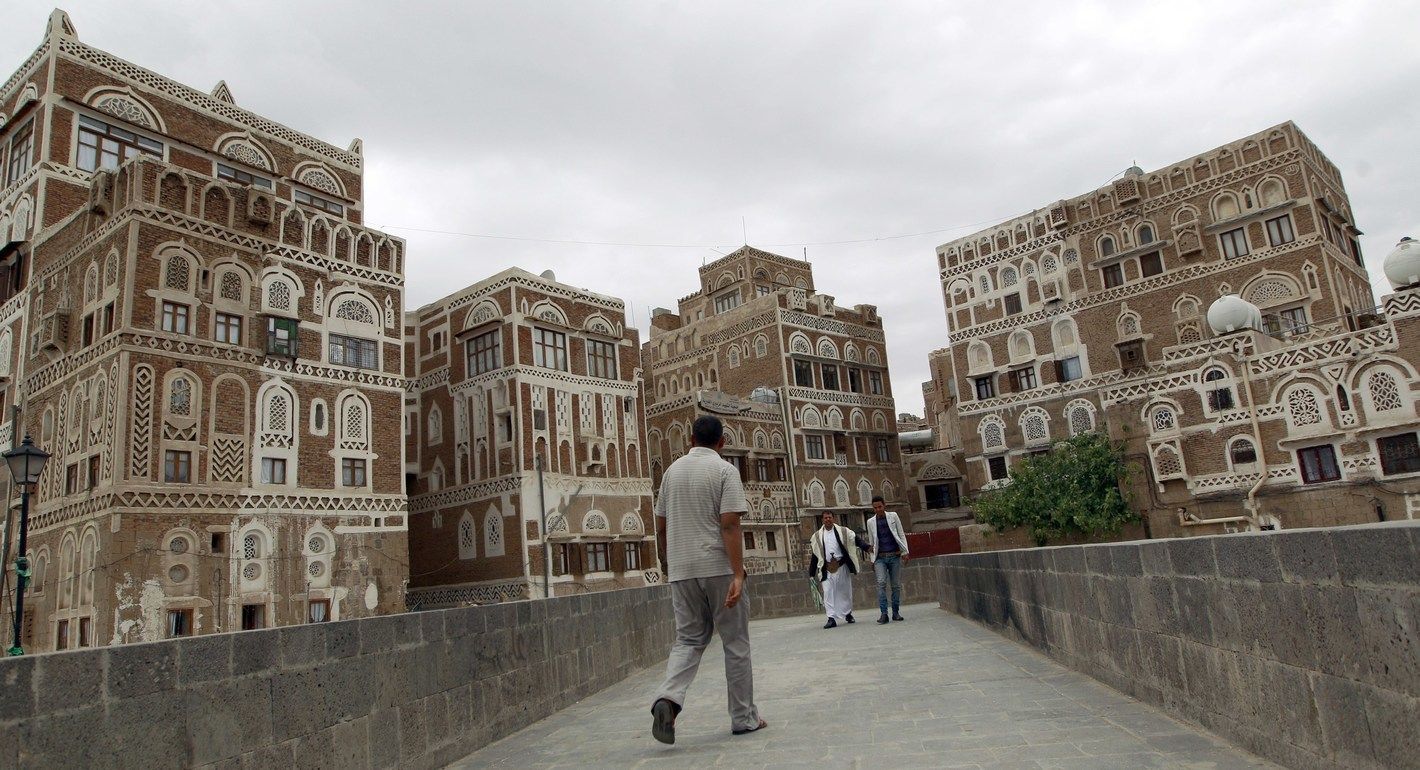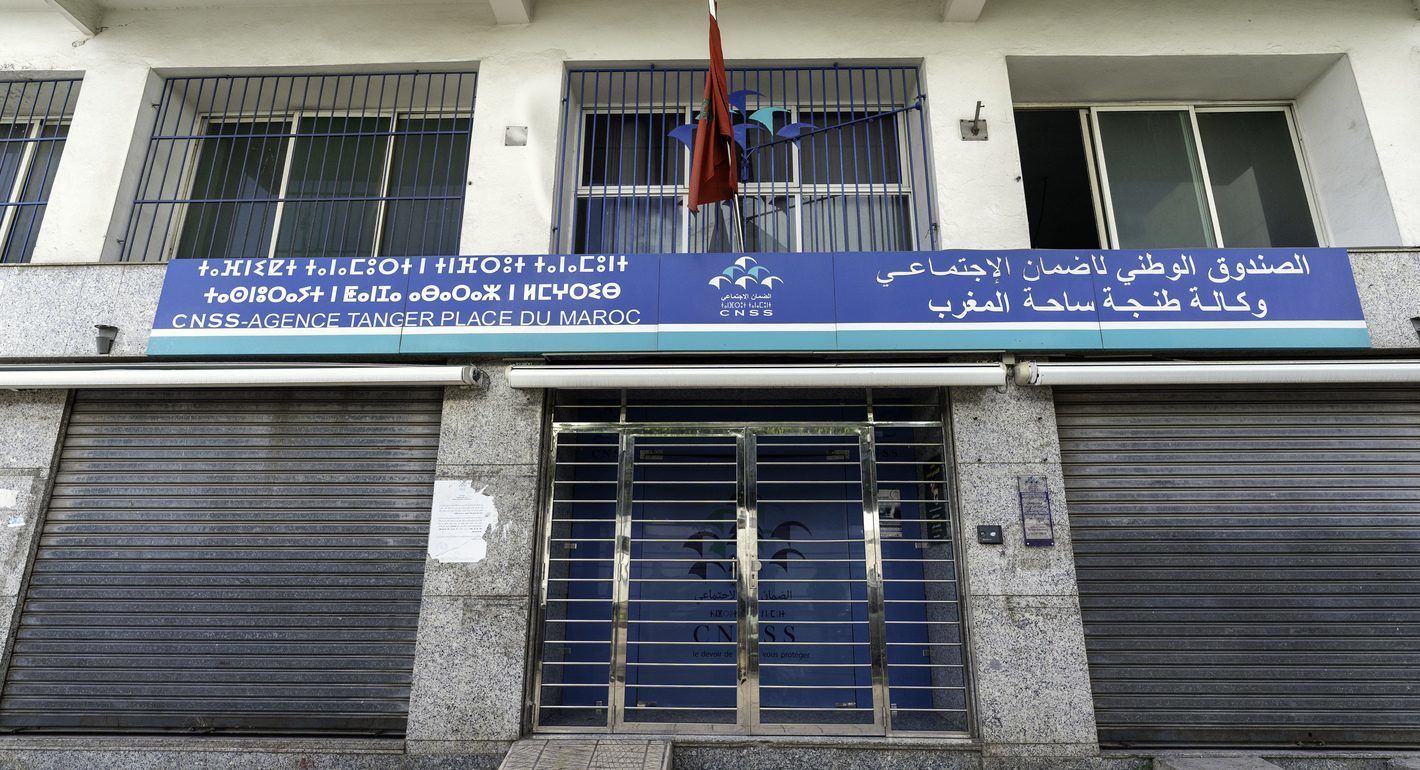In November 2006, Yemen walked away from a two-day donor conference in London with $4.7 billion in pledges over the next four years. The conference was a necessity for Yemen, an extremely poor country with a dire economic outlook for the coming decade. But even more than by the influx of aid, Yemen was encouraged by the fact that the Gulf Cooperation Council (GCC) sponsored the conference, pledged more than half of the $4.7 billion, and agreed to hold a follow-up conference designed to highlight investment opportunities in Yemen for GCC states.
Yemen has been trying to join the GCC since 1996. This desire is largely driven by economic concerns, which are often masked by the rhetoric of historical and cultural ties. Yemen is eager for the significant and continuing aid that would come with GCC membership, as well as the investment capital that would flow into the country. The move would also provide a partial solution for Yemen's massive unemployment problem, which is well above 40 percent. Entry into the GCC is a safety net against failure.
The Yemeni government and GCC Secretary General Abdul Rahman Al Attiyah estimate that an additional decade is needed before Yemen is ready for full membership in the organization. But even this seems optimistic.
Yemen's economy is in disastrous shape, with more than 42 percent of the population living below the poverty line. It relies almost entirely on oil, supplies of which may be exhausted by 2015. Tragically, donors have overlooked the situation in Yemen due to a debilitating combination of negligence and fatigue, exacerbated by rampant government corruption that Yemen has only recently tried to curtail. Prior to November's conference, foreign aid to Yemen stood at $12 per capita compared to $33 for similarly poor countries in Africa.
Yemen also has rather cold relations with some of the GCC states, any one of which may veto Yemen's entry should it ever be put to a vote. Kuwait, for example, is still angry at Yemen for siding with Iraq during the 1990-91 Gulf War. Yemen sat on the UN Security Council at that time, and the series of abstentions and “no” votes that it cast at Kuwait's expense could very well continue to cost Yemen dearly in the future.
Continuing Kuwaiti animosity may be offset somewhat by concern on the part of other GCC members, particularly Saudi Arabia, about Yemen's potential to become a failed state. Allegations of weapon smuggling and terrorist infiltration into Saudi Arabia from Yemen are routine and the Kingdom is willing to do a great deal to encourage Yemen to maintain security. It also removed a major point of contention between the two countries when Crown Prince Sultan, who is largely responsible for the kingdom's Yemen policy, signed the final maps to resolve a lengthy border dispute in March 2006.
Yemen's biggest step forward in its attempt to join the GCC was directly linked to security concerns in the immediate aftermath of the September 11 terrorist attacks. At a December 2001 summit in Oman, the GCC granted participation rights to Yemen in the fields of education, health, sports and social affairs. But as security fears cooled, so too did the speed of integration. By 2004, Yemen's prospects looked so bleak that President Ali Abdullah Salih joked in an interview that now that the GCC had let Yemen into its football tournament the next step would be letting it participate in the basketball tournament.
Just as security fears will ensure that Yemen is given a lifeline, economic concerns will prevent that lifeline from growing into anything resembling full membership in the GCC. Its member states are extremely worried about what a massive influx of Yemeni workers would do to their economies. Following the 1990-91 Gulf War, Saudi Arabia expelled roughly 850,000 Yemenis from the country, most of whom have never been allowed back in. Even countries such as Oman and Qatar, which have often seemed favorable to Yemen's full integration, place severe restrictions on Yemenis visiting their countries.
GCC states have not yet had to take a decisive stand on integration, as Yemen is still working on reforming its laws to bring them more in line with GCC norms. Many of these reforms, such as the campaign against corruption, dovetail with steps that Yemen is taking to satisfy other foreign donors such as the United States and the World Bank. But the pace of change has been slow, and many of these reforms exist primarily on paper, designed more for external consumption rather than for instigating real change in the country. No combination of internal reforms, however, will create enough jobs to erode unemployment and keep pace with a population that is growing by 3.9 percent a year. So far, Yemen's GCC neighbors remain thoroughly unconvinced.
Gregory D. Johnsen is a Ph.D. candidate in History and Middle Eastern and Islamic Studies at New York University.






